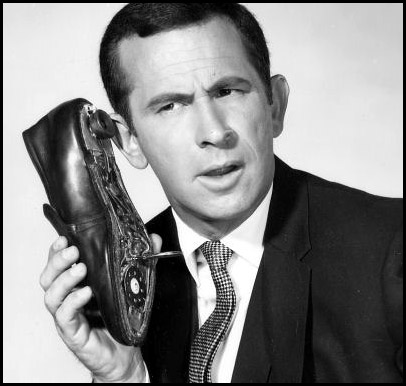- October 17, 2013
- Joe
- knowledge
- No Comments
 When human beings embark on a new endeavour it’s natural to initially feel that it’s impossible to accomplish it. As time goes by and this endeavour starts to evolve, things begin to look achievable, then the mood changes from impossible to “if I would have known that!”. Hopefully, after the happy ending of the endeavour, we’ll laugh at what we saw as impossible in the first place. It’s human nature, it’s called: learning.
When human beings embark on a new endeavour it’s natural to initially feel that it’s impossible to accomplish it. As time goes by and this endeavour starts to evolve, things begin to look achievable, then the mood changes from impossible to “if I would have known that!”. Hopefully, after the happy ending of the endeavour, we’ll laugh at what we saw as impossible in the first place. It’s human nature, it’s called: learning.
I mention the previous as a couple of weeks ago the NYT published a very interesting article (great read!) describing the challenges Apple engineers had, in order to bring to life the first iPhone. To the untrained eye, these challenges might have been seen as impossible to them because the iPhone was so ahead of its time. However, nothing farther from the truth, yes, indeed they had great challenges, but they we’re not because of the technology they were trying to build was impossible, in short it was because they ignored it and they were not allowed to request help.
As we all know, Apple evolves around great secrecy, a modality that gives them a huge marketing advantage. Part of the big impact the iPhone initially had, was that it was developed under complete secrecy (even for people working on that project), when it came out, it was so unexpected from what everybody initially guessed, that it made big news and the rest is history.
That being said, many of the challenges Apple engineers faced were because they never had to design a phone before. Let’s expand on this, in electrical/electronics engineering (as in many other careers) there are specializations. Among many, antenna design is one of them, amplifiers is another one, analog design is another one, etc. etc. etc. For each of these categories there are people who devote their whole life to it. Like Drs. become paediatricians, neurologist and so on and so forth.
Up until that time, Apple was a company designing computers and iPods, they had little knowledge on all the previously mentioned engineering specialities. Imagine then, requesting to these engineers to design a phone when they never had to do one, they don’t know the whole project and (worst) they can’t ask for help to their suppliers (something that’s critical), because their suppliers could’t know they were indeed making a phone. The situation clearly becomes nearly unsurmountable.
Have this same task been assigned to Motorola or NOKIA, the history wound’t have been the same. Isn’t this obvious? -you may say-, well, no. Because many of the technologies the first iPhone used were already tried and true on other phone manufacturers. True, the didn’t come as nicely packaged as the iPhone, but NOKIA engineers (for example) wouldn’t have any of the problems Apple engineers faced, in case of the task of designing a phone such as an iPhone.
That is not to say, there aren’t any companies doing things that are quite impossible (there are!), the thing is, Apple is not one of them.
